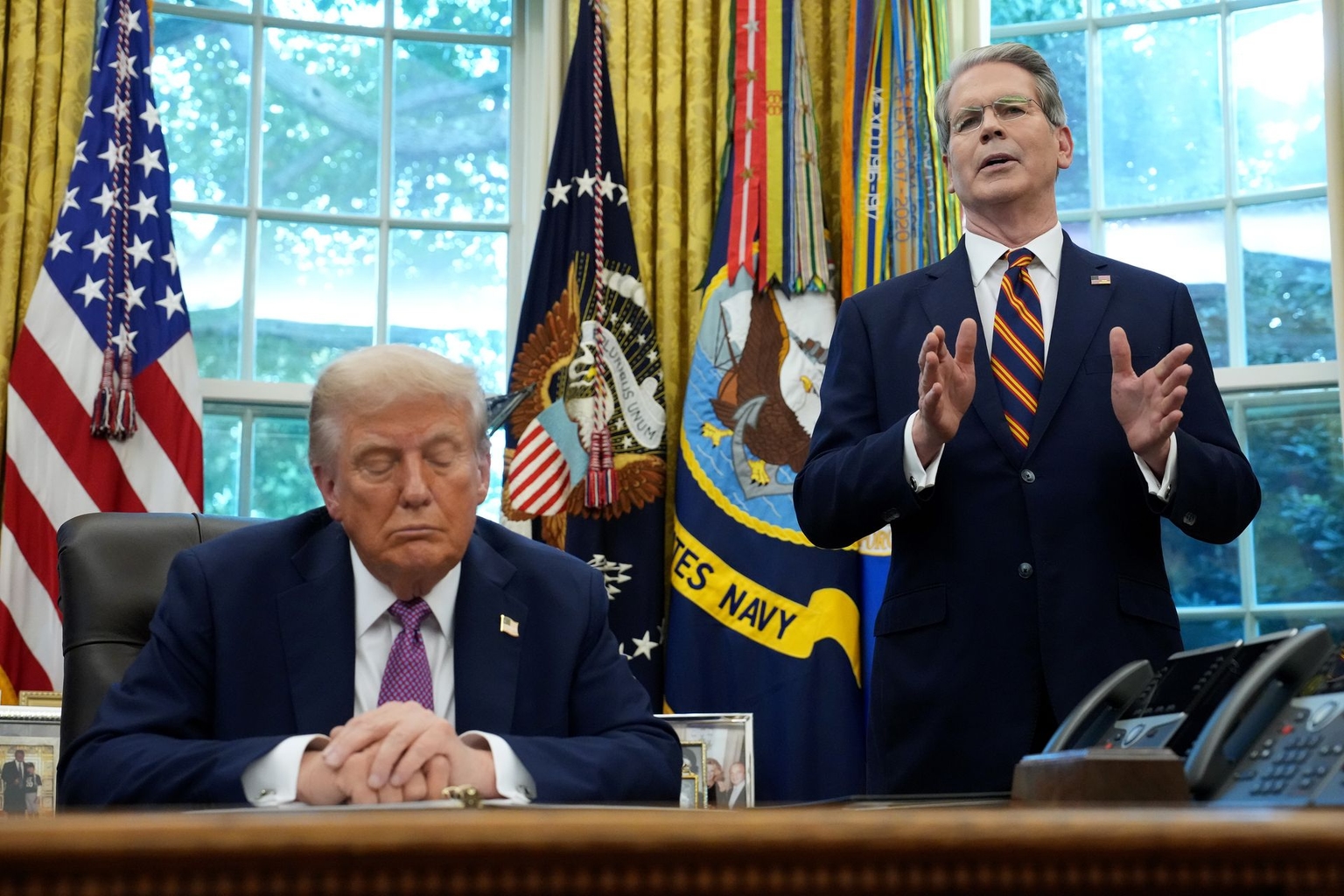An advertisement featuring Igor Shevchenko in Kyiv, Ukraine, on Oct. 8, 2025. (Anna Donets / The Kyiv Independent)
Despite no elections on the horizon, political advertising is gradually ramping up in wartime Ukraine.
Walking the streets of Kyiv or scrolling through social media, you’ll come across advertisements that resemble those typically seen during election season — with big names and populist slogans.
Under martial law, political advertising is not banned. But its appearance is viewed by some as inappropriate in a country grappling with a brutal war.
“The real question is what message these political forces are sending, and what their strategy is,” Viktoria Maksymova, an analyst with the political watchdog Chesno, told the Kyiv Independent.
“It’s clear that this advertising doesn’t immediately convert into any votes in the elections. Simply because there are no elections right now,” she said.
Apart from outright political ads, well-known military commanders and soldiers have also been spotted in self-promotion. While the ads aren’t technically political, they may reflect ongoing personal branding efforts, the experts told the Kyiv Independent.
Without scheduled elections, current activities don’t amount to outright campaigning. Still, experts believe that while politicians seek visibility, military and public figures may be laying early groundwork for post-war runs.
Some observers believe that once the war ends, many servicemen and veterans may enter the political frame.
Trust in the Ukrainian military remains exceptionally high. Around 47% of citizens believe the military should govern after the war, a 2024 poll showed.
For now, images of soldiers mostly appear as part of recruitment campaigns. Yet, some of these ads, the experts say, may also serve as early contributions to potential political futures.
Former politician and now commander of Ukraine’s 3rd Army Corps, General Andrii Biletskyi, has a commanding presence on his unit’s recruitment billboards.
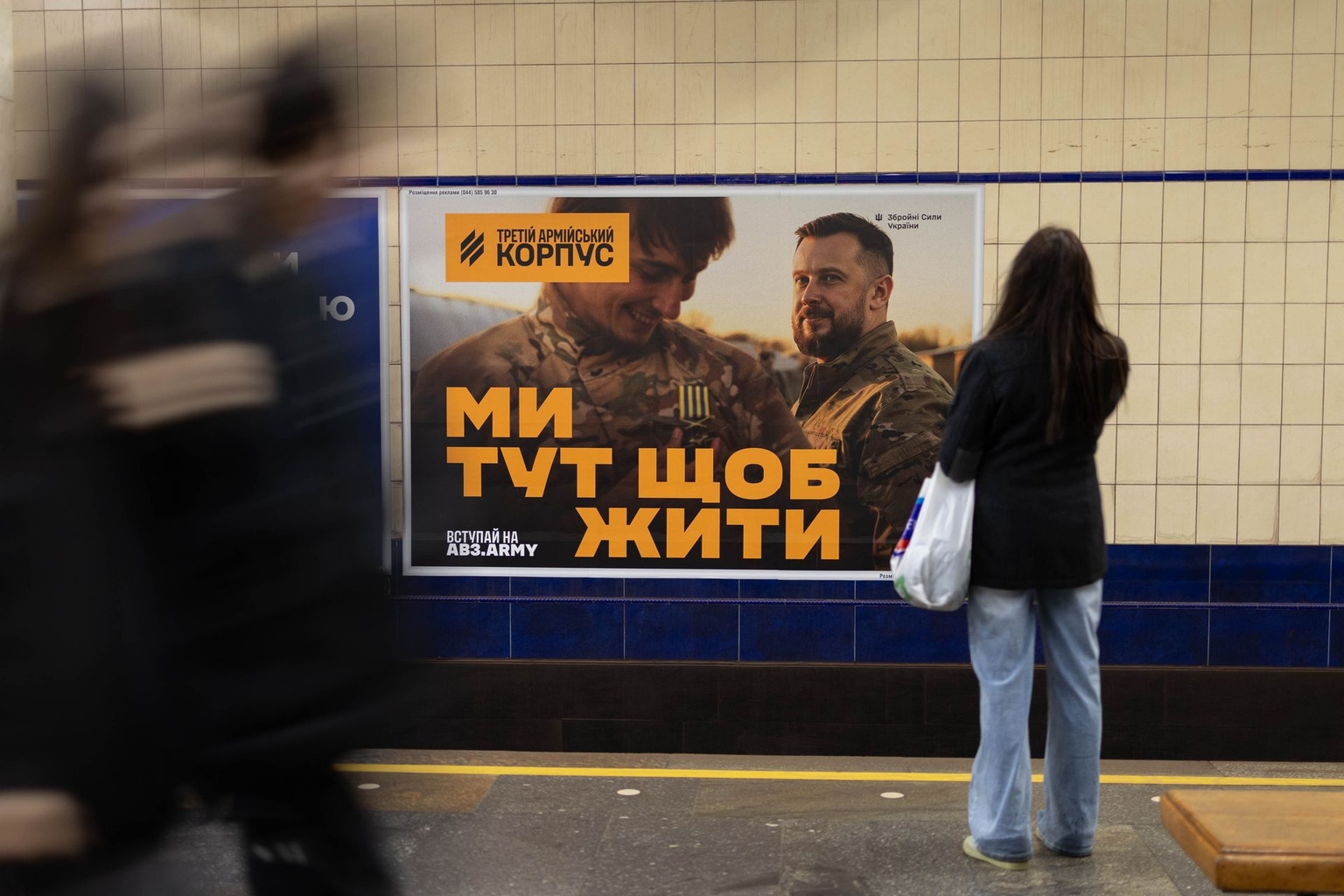
Regarded as one of Ukraine’s most effective combat units, the 3rd Army Corps is also recognized for its bold and visually distinctive recruitment campaigns. Many of them feature Biletskyi. Biletskyi also frequently gives interviews and is now regularly featured in opinion polls, trailing far behind the frontrunners — President Volodymyr Zelensky and ex-Commander-in-Chief Valerii Zaluzhnyi, now Ukraine’s ambassador to the U.K.
Another recent ad campaign, which sparked a vivid discussion, is a series of billboards featuring Yurii Hudymenko, a veteran and co-founder of the right-wing libertarian Democratic Axe (Demokratychna Sokyra) party.
“The real issue lies in the ethics of certain communication methods and the level of transparency involved.”
Appointed in January 2025 as the head of the Public Anti-Corruption Council within the Defense Ministry, Hudymenko has appeared in ads encouraging Ukrainians to report corruption.
The slogan reads: “Your job is to call. Our job is to jail them,” or “See corruption in the army? Call and we’ll sort it out.”
Both Biletskyi and Hudymenko don’t deny that they may run for office in the future, saying that, first of all, the full-scale war should be over.
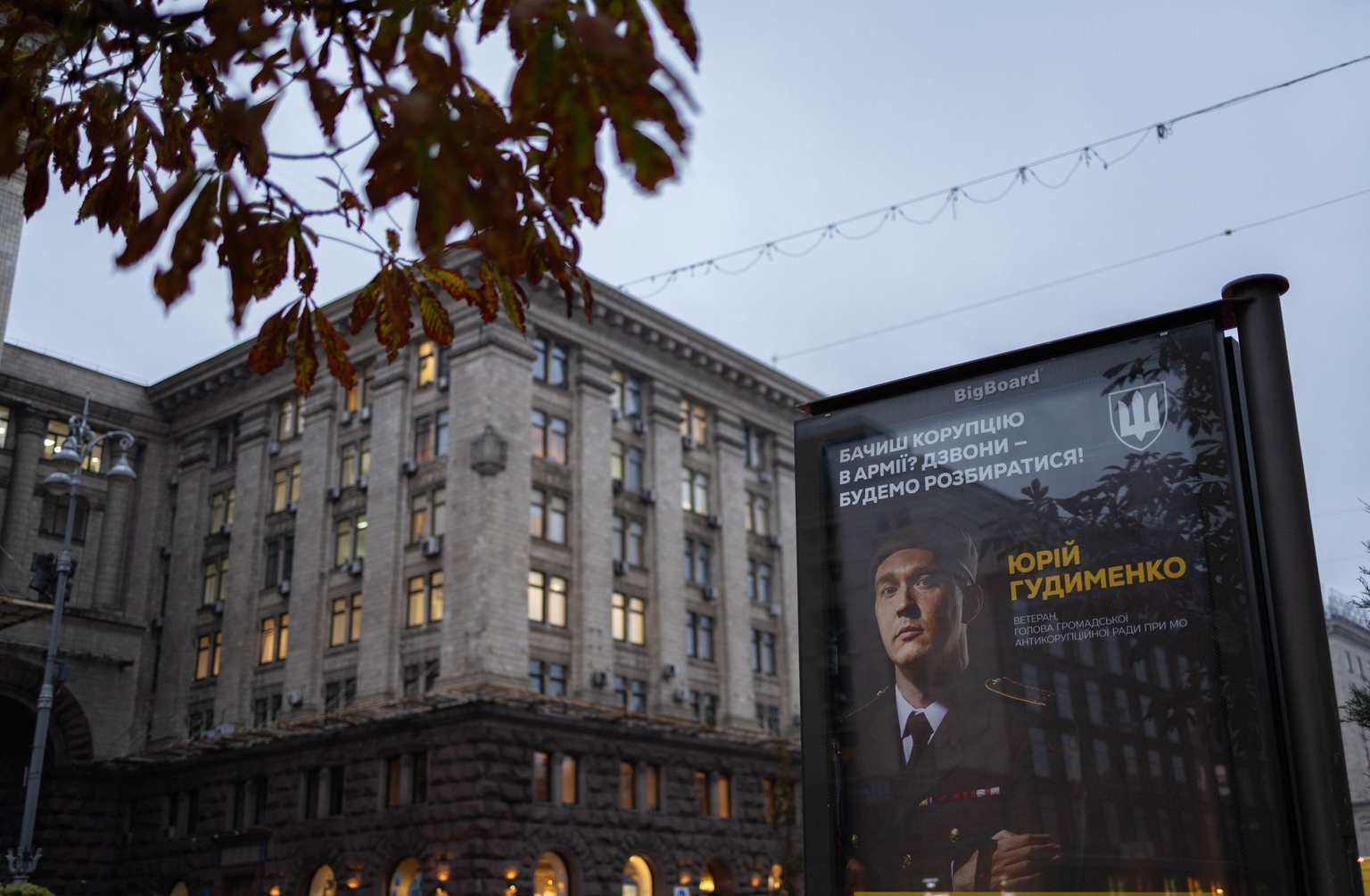
“I believe that the key factor for the existence of the state of Ukraine over the next 50–60 years will be a security bloc. That is why I have the ambition to modernize the military bloc as much as possible and make it fully-fledged,” said Biletskyi in a recent interview, when asked about his political ambitions.
Olha Snopok, analyst at the election monitoring non-government organization OPORA, views these examples as efforts at personal branding aimed at boosting one’s visibility in the public space. When a trusted figure endorses an idea, she says, people are more likely to act — for instance, by joining the army.
“On the other hand, this kind of PR can indeed lay the groundwork for a future political career,” the expert said. “It increases name recognition, shapes a certain public image, and thus helps build social capital.”
Political advertising is widely circulating online as well, including in the Telegram messaging app, which remains the most popular source of information for Ukrainians, according to the latest survey conducted by SOCIS.
Ukrainian politicians have adapted well to Telegram. Many of them have their own channels and post information to target their audiences.
Advertising on Telegram, a platform created in Russia over a decade ago, could pose an even greater challenge in the post-war election season, according to Snopok.
Today, Telegram allows multiple anonymous channels that share a number of posts which appear to be unmarked advertising, such as posts about an oligarch’s charity foundation helping the military. There are numerous posts promoting Yulia Tymoshenko, a Ukrainian veteran politician and leader of the Batkivshchyna (Fatherland) party.
Unlike Facebook, owned by the U.S. tech giant Meta, it’s nearly impossible to trace who commissioned these posts or how much was paid.
“The political advertising market on Telegram is massive in scale but completely non-transparent to the public,” Snopok told the Kyiv Independent. “If political forces with shadow financing — including from Russia — begin to actively enter this space, it could pose serious risks for Ukraine: enormous sums of money will be poured into political promotion, essentially remaining beyond any state or public oversight.”
Oleksii Honcharenko, lawmaker from the opposition European Solidarity party who has one of the largest Telegram audiences among Ukrainian lawmakers, continues to practice an age-old tactic — giving out food parcels and cheap gifts.
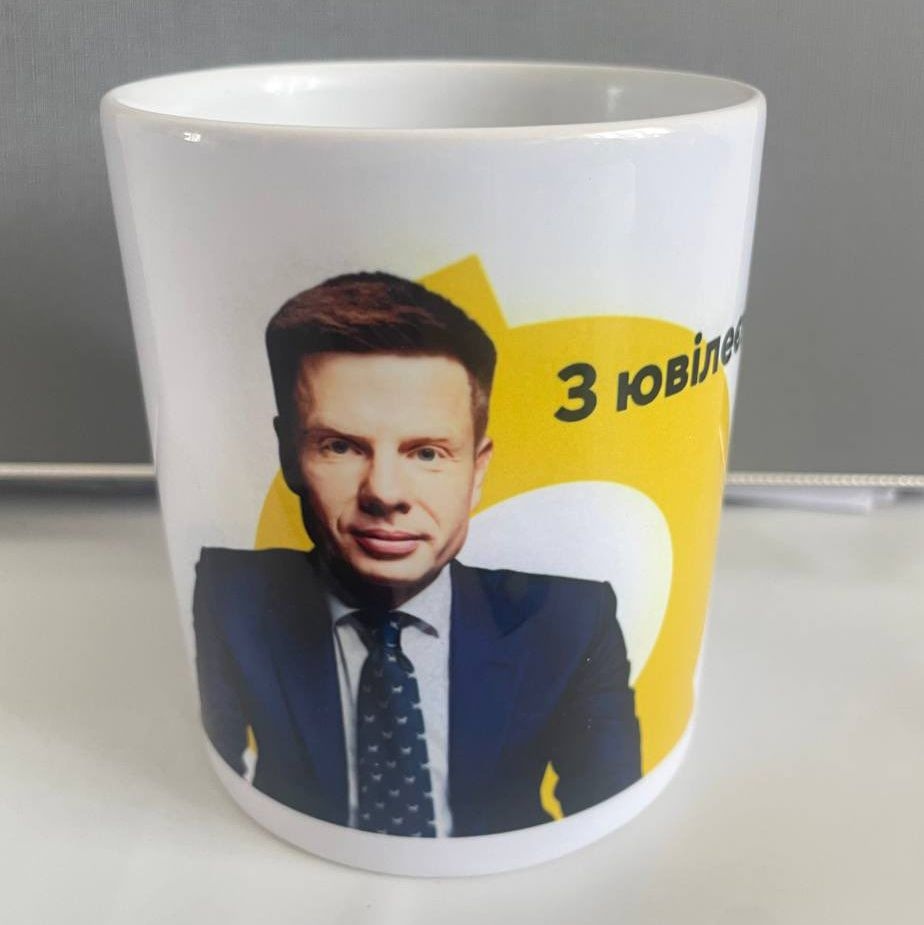
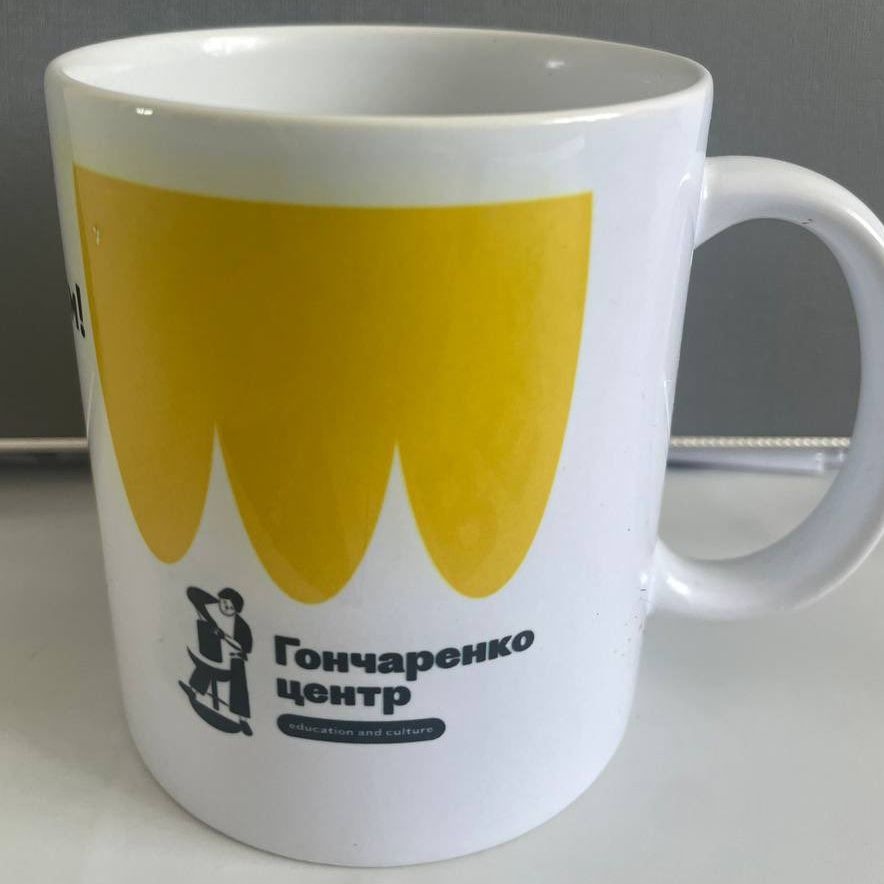
Photos shared by some Ukrainians show gift sets with mugs, sweets, and postcards featuring the lawmaker’s portrait, sent by a namesake center network he founded.
Meanwhile, Zelensky’s Servant of the People party continues to issue a newspaper, serving as a promotional tool for the president’s policies and the party’s brand.
Last year, billboards featuring Ihor Shevchenko, the ex-Ecology Minister who unsuccessfully ran for president in 2019, began appearing in downtown Kyiv.
Shevchenko has been actively promoting populist messages — to abandon Ukraine’s pursuit of EU membership and support introducing the death penalty for corruption.
Shevchenko says that his current advertising campaign is not a preparation for future elections but “rather a form of regular political communication with the public.” He opposes holding elections before the active phase of the war ends, but finds his ads appropriate.
“The period between elections is actually the best time for such communication — there is less competition for public attention in the information space, making it easier and less expensive to get noticed,” Shevchenko told the Kyiv Independent.
In response to Shevchenko’s ads, Kyiv residents came up with their own form of visual commentary. One of his posters was covered over with a photo that read — “This is a photo of my dog. It’s more beautiful than political advertising during the war.”
As you travel further away from the capital, political billboards in support of city mayors become widespread. In war-battered Kharkiv, a flurry of signs read “Proud to be a Kharkiv resident,” and the name of the city’s mayor, Ihor Terekhov, is displayed underneath.
As of September 2025, a majority of Ukrainians — 63% — believe elections should be held only after the full-scale war is fully over, according to a poll by the Kyiv International Institute of Sociology (KIIS). Around 22% support holding elections after a possible ceasefire, provided security guarantees are in place.
“It’s unclear whether any advertising efforts will actually bear fruit, even in post-war elections. But the fact remains — political actors cannot afford to stay completely silent,” Maksymova said.
“The real issue lies in the ethics of certain communication methods.”
Note from the author:
Hello there! This is Kateryna Denisova, the author of this piece. I hope you found this article informative. Despite Russia’s ongoing full-scale war, Ukraine’s domestic politics has been back in the spotlight in recent months.
Please consider supporting our reporting. We promise to deliver more stories on this topic going forward.
Thank you.
Trump ready to slap ‘Ukrainian victory tariff’ on China if Europe follows suit, treasury secretary says
“President (Donald) Trump has instructed the ambassador and myself to tell our European allies that we would be in favor of whether you would call it a ‘Russian oil tariff’ on China or a ‘Ukrainian victory tariff’ on China,” U.S. Treasury Secretary Scott Bessent said.
